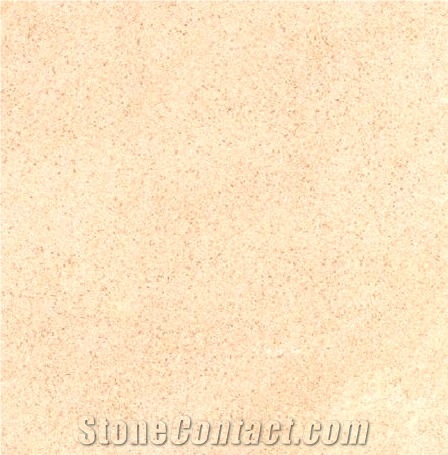Can Cyprus's Kybides Sandstone be used exterior applications in very rainy climates?
The Kybides Sandstone from Cyprus is generally suitable for both interior and exterior applications. However, when it comes to using it in very rainy climates, there are a few factors to consider.
Kybides Sandstone is known for its durability and resistance to weathering. It can withstand various climatic conditions, including rain, without significant deterioration. However, extremely rainy climates might pose some challenges.
Excessive rainfall can lead to water absorption by the sandstone, which may cause it to become waterlogged. This can result in the stone deteriorating more quickly, especially if it goes through cycles of wetting and drying. Additionally, continuous exposure to moisture can promote the growth of moss or algae on the surface of the stone, affecting its appearance.
To mitigate these issues, it is advisable to apply a water repellent sealer on the Kybides Sandstone before installation. This sealer helps to reduce water absorption, keeps the stone surface drier, and minimizes the growth of moss or algae.
Furthermore, proper installation techniques such as ensuring proper drainage and allowing for adequate ventilation behind the stone can also help in preventing water-related problems in rainy climates.
In summary, while Kybides Sandstone can be used for exterior applications in very rainy climates, precautions such as applying a water repellent sealer and ensuring proper installation are recommended to maintain its longevity and appearance.
The Kybides Sandstone from Cyprus is generally suitable for both interior and exterior applications. However, when it comes to using it in very rainy climates, there are a few factors to consider.
Kybides Sandstone is known for its durability and resistance to weathering. It can withstand various climatic conditions, including rain, without significant deterioration. However, extremely rainy climates might pose some challenges.
Excessive rainfall can lead to water absorption by the sandstone, which may cause it to become waterlogged. This can result in the stone deteriorating more quickly, especially if it goes through cycles of wetting and drying. Additionally, continuous exposure to moisture can promote the growth of moss or algae on the surface of the stone, affecting its appearance.
To mitigate these issues, it is advisable to apply a water repellent sealer on the Kybides Sandstone before installation. This sealer helps to reduce water absorption, keeps the stone surface drier, and minimizes the growth of moss or algae.
Furthermore, proper installation techniques such as ensuring proper drainage and allowing for adequate ventilation behind the stone can also help in preventing water-related problems in rainy climates.
In summary, while Kybides Sandstone can be used for exterior applications in very rainy climates, precautions such as applying a water repellent sealer and ensuring proper installation are recommended to maintain its longevity and appearance.
 Cyprus
Cyprus
















 Greece
Greece China
China